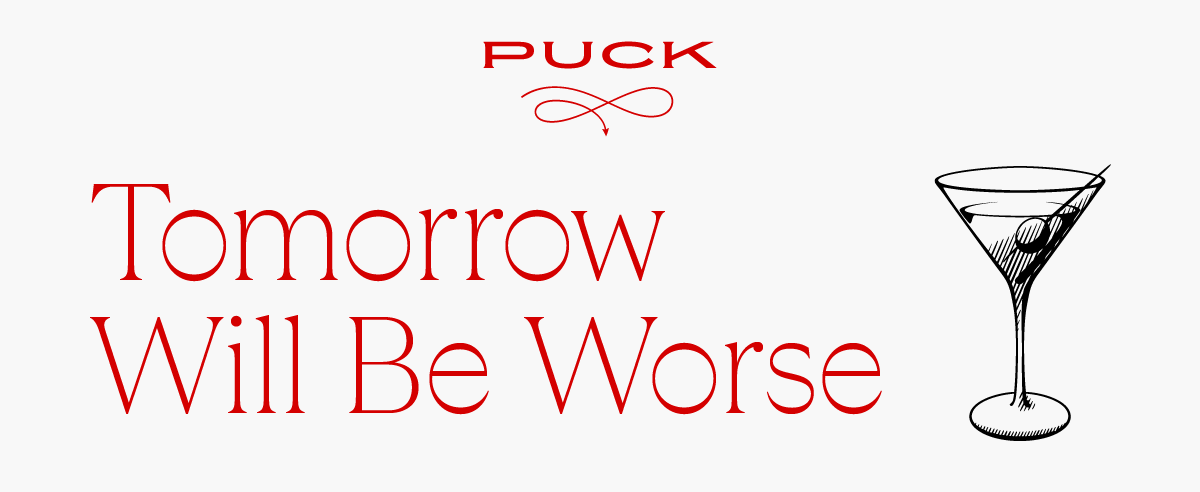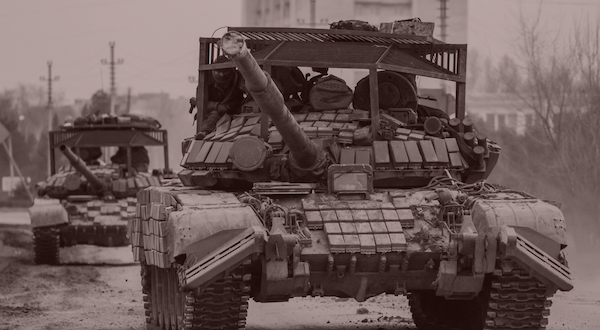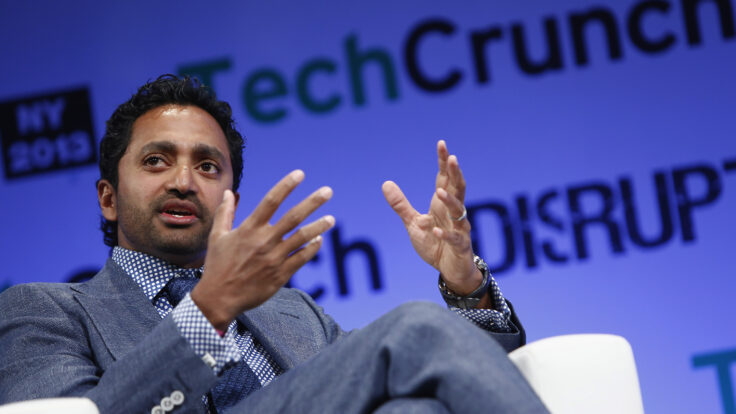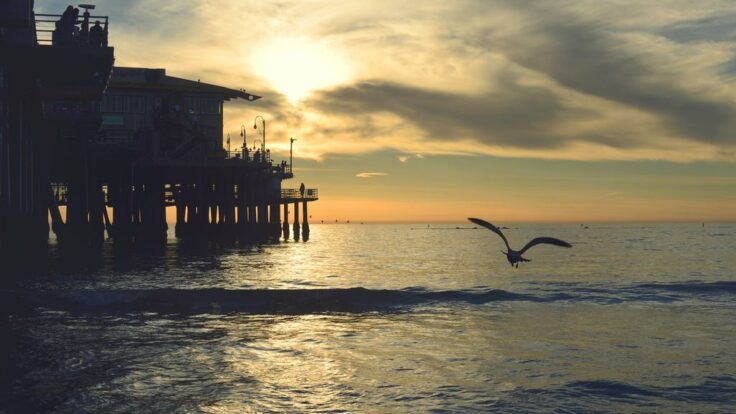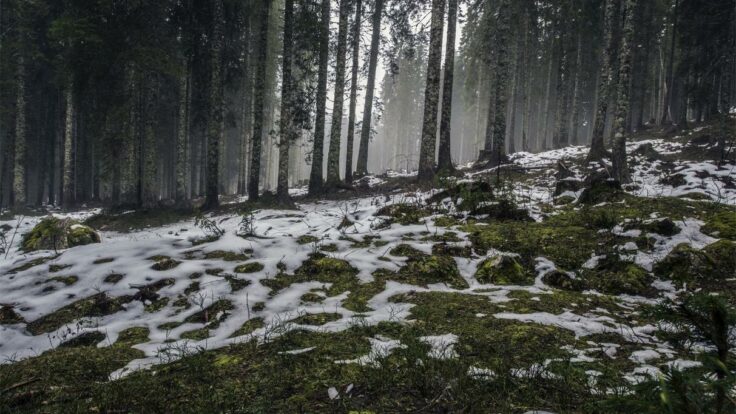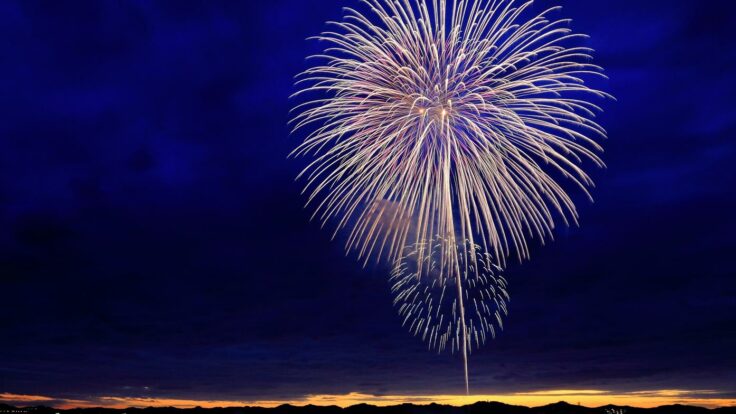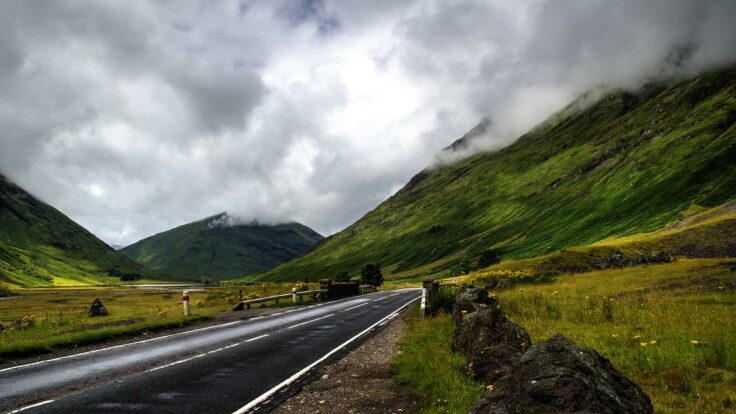|
Hello, I'm Julia Ioffe. Welcome to (the free version of) Tomorrow Will Be Worse. Today dawned infinitely worse than yesterday. Overnight, Russia did what it swore it would never do: it invaded Ukraine from all sides. (“Russia, throughout all of its history, has never attacked anyone,” Kremlin spokesman Dmitry Peskov said on Sunday.)
I’ve been up all night and all day, tracking these utterly grim developments from afar and trying to contain my emotions at watching Putin drag two countries into this needless, fratricidal war. For the first few hours after the invasion, I was in a state of shock, sitting in front of my computer screen, fielding texts from scared but defiant friends in Kyiv and Moscow who were disgusted, furious, and utterly defeated that Vladimir Putin was waging a war in their names. For a good while, my mind was just a scrolling marquee of vulgar Russian insults directed at Putin.
But as I kept refreshing Twitter, seeing video after video of shells and cruise missiles landing on Ukrainian cities, the thing I kept coming back to was the speech Putin gave in announcing the invasion. It was, as always, long and full of history—at least his warped, self-serving version of it. It was angry, snarling, and, like the history lecture he gave the world on Monday, slightly unhinged. (“Denazifying” a country with a Jewish president?) But it was also remarkably consistent with everything he’s said in the last two decades.
It occurred to me yet again, that for all of the West’s wondering about Putin’s motivations, here he was telling us, yet again, exactly what he wants. All we have to do is listen. I realize that not everyone is used to listening to Putin and understanding his strange, paranoid universe. So I decided to break it down for you, so you can see that Putin isn’t all that complicated or mysterious. The thing he really is—well, you’ll want to subscribe so you can read to the end.
Putin’s deranged, cynical invasion evidences his profound intellectual discontinuity: why must Russia start a new war when its leader really just wants to fight the past? The war arrived at 4 a.m. local time, just as the rumors said it would. It started with air strikes—in Kyiv, in Kharkiv, Mariupol, Ivano-Frankivsk—and then there were the amphibious landings in Odessa and Belarusian tanks coming over the border in the north. Just as explosions began to echo around Ukraine, Vladimir Putin addressed his nation, as well as the one he was attacking, something that he and his minions had promised for months that they had no intention of doing. This would be a “special military operation” Putin said, to “de-Nazify and demilitarize Ukraine.” His troops would rid it of the “junta” that had seized power and was committing “genocide” against the innocents. The perpetrators, he promised, would be tried and brought to justice.
But even as his forces were shelling the entirety of Ukraine—north to south, east to west—Putin made clear that his invasion wasn’t really about Ukraine. It was about the United States, about history and settling old scores, and rewriting the terms of surrender, thirty years later, that ended the Cold War. “After the collapse of the U.S.S.R., a redivision of the world began,” Putin announced Thursday just before dawn, sitting at his desk in the Kremlin. But “the people who declared themselves the victors of the Cold War” decided that they could do away with the norms that had become accepted, including the “key, fundamental ones that were agreed to as a result of the Second World War and, which in large part, secured its results.”
Putin was referring, of course, to the division of Europe into spheres of influence, decided at Yalta in February 1945, as World War II was coming to an end. On that day, three men—Winston Churchill, Franklin D. Roosevelt, and Josef Stalin—representing the three victors in Europe, sat down and carved up a shattered, bloodied Europe. Without asking for the consent of the governed, Stalin took the countries in eastern Europe that his troops had liberated at great cost, and Churchill and Roosevelt took the continent’s western half. (Germany, of course, endured shared custody.) Other agreements would follow—as would a wall—and, in Putin’s mind, an equilibrium was established...
FOUR STORIES WE'RE TALKING ABOUT The company behind the tokens abruptly shelved more, but a mysterious new push could be more smoke and mirrors. MATTHEW BELLONI A candid conversation with Dr. Andrey Sushentsov, a prominent Russian political scientist, about how Putin views the West. JULIA IOFFE Despite the evolving science, Democrats are struggling to relinquish the identity politics surrounding their own Covid-era precautions. PETER HAMBY The smart money has already pulled out of Trump’s SPAC circus, just as Chamath Palihapitiya dumped his stake in Virgin Galactic. WILLIAM D. COHAN
You received this message because you signed up to receive emails from Puck.
Was this email forwarded to you?
Sent to
Interested in exploring our newsletter offerings?
Puck is published by Heat Media LLC.
For support, just reply to this e-mail. For brand partnerships, email ads@puck.news |
-
Join Puck
Directly Supporting Authors
A new economic model in which writers are also partners in the business.
Personalized Subscriptions
Customize your settings to receive the newsletters you want from the authors you follow.
Stay in the Know
Connect directly with Puck talent through email and exclusive events.
